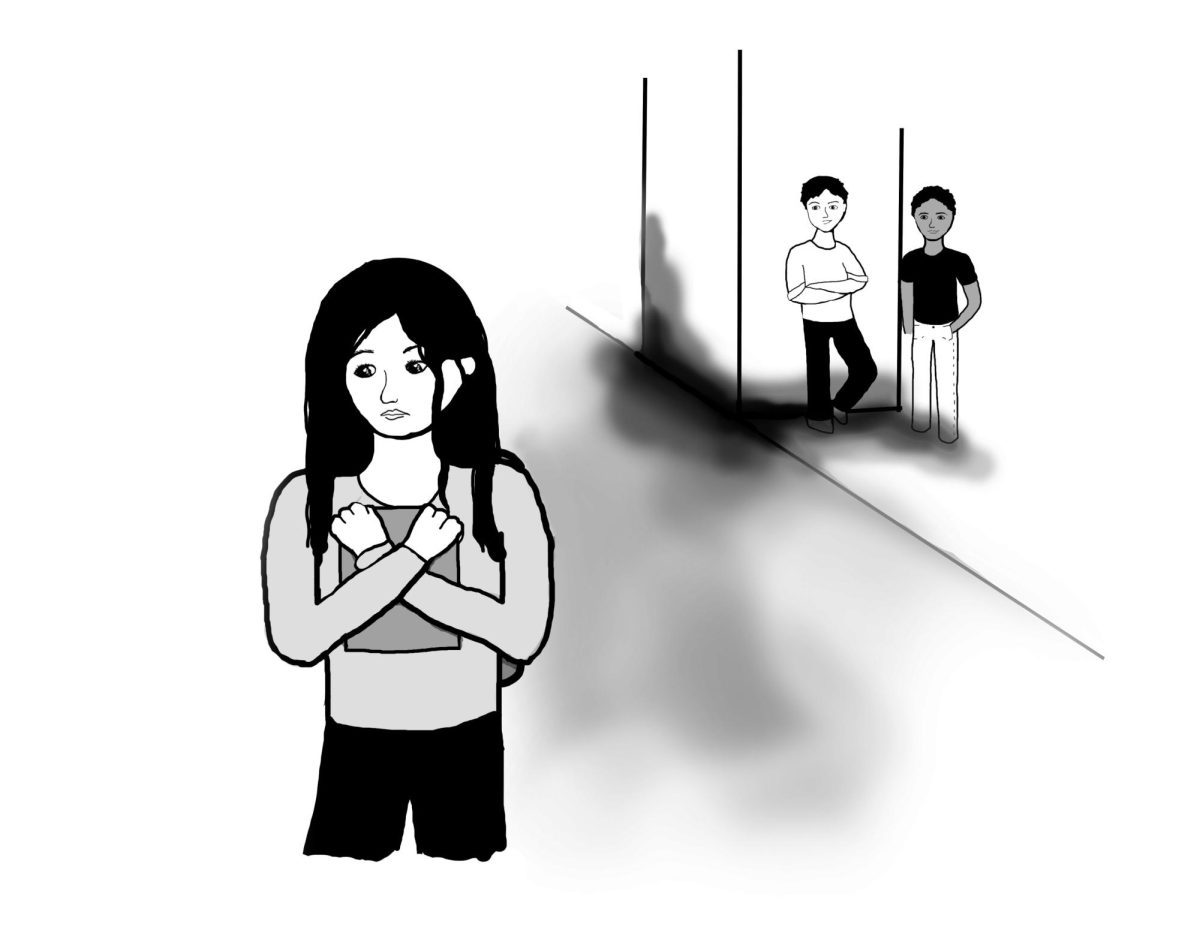
Remember the awful mint green linoleum floors, the banging lockers, the crowded hallways of public high school? Or maybe high school meant something completely different: It recalls a private school denoted by emblazoned polos and dorm curfews? Students coming to Whitman from public or private high schools encounter a set of challenges that is unique in many ways, and these differences often lead to varied attitudes towards both the high school and college experience.
Due to Whitman’s rigorous academic standards during the admission process, the majority of Whitman students find themselves prepared for college-level academics when they arrive on campus. Senior Julie Grimm, who attended Derryfield, a private high school in Manchester, N.H., recalls that her private education adequately prepared her for Whitman.
“Academically, I think [private school] really helped,” Grimm said. “My GPA here is at least a grade above high school, and especially freshman year, it was a lot easier than I expected in terms of preparation for Whitman.”
However, public school students who satisfied admission requirements found themselves equally successful despite the unfamiliar environment. Senior Matt Kelly, who came to Whitman from Inglemoor Senior High School, a public school in Kenmore, Wash., remembered that coming to Whitman was “a pretty smooth and straightforward transition.”
“[Public school] academically prepared me very well, in terms of hard skills. I went to a school that offered a lot of upper level classes,” said junior Abby McCoy, who attended Garfield High School in Seattle.
Yet public school students did meet new challenges, especially in terms of class size and expectations.
“The smaller class size at Whitman College definitely surprised me, because I felt at public school you could get by with not preparing that well for class. But at Whitman you have to spend a lot of time preparing for discussions,” said Kelly.
In contrast, many private school students have found that the expectations at Whitman and their private schools have been similar, making the transition less dramatic. Junior Max Appleton, who attended the private high school The United World College of South East Asia located in Singapore, believes that, while many of the differences between high school and college are the same regardless of the high school attended, the attitude towards college is different.
“Most of the changes I noticed were because I was going from high school to college, and I think I would have felt those changes regardless of whether the high school I attended was public or private,” he said. However, coming from a private high school, he said, “I was better prepared in the sense that I always knew I was going to college and all my friends were, so it was something I never really questioned and therefore might have been more confident going into college as I knew I had been prepared as best I could.”
For many public school students, the plethora of resources that Whitman makes available to new students served as crucial tools during the transition from public high schools to a private college.
“Whitman provided the necessary resources for a successful transition from high school to college, such as the student academic adviser in the dorm and the writing center,” said Kelly. “I remember that I talked to my student academic adviser a couple of times about Core papers and scheduling advice.”
However, despite the wealth of resources available, other students coming from public schools felt that the different atmosphere of large public schools made it difficult for them to understand how or when to use these resources effectively.
“In terms of transitioning, the thing I found most difficult and still do is understanding and accepting the resources that are freely given,” said McCoy. “You were lucky to get anything to work with [in high school], and I felt like I was way more creative than I am here in getting what I want.”
This sense of independence highlights a larger difference between how public and private students regard their high school experiences. Some students noted that at Whitman, public school students are more vocal about their high school background.
“[Former private school students are] self-conscious of it, and feel embarrassed because it seems so privileged and almost unnecessary. They’re not as open about it as public school kids, who seem more proud,” Grimm said.
McCoy agreed.
“There is a pride I take coming from a public school and being successful in that place,” she said.
However, said McCoy, this sense of pride sometimes goes even further.
“Going to a public school I can say, ‘Look I was denied so many resources but look how successful I am in coming to private school.’ There is some arrogance there,” said McCoy.
Yet Grimm also noted the variety of options and freedom of decision-making made more available to public school students.
“I sometimes wish I had gone to public school, especially with the AP classes and early start programs they can offer . . . A small private school can’t offer that variety,” she said. “Also, deciding to go to a small liberal arts college after a small private school is kind of the natural progression, but making the switch from public to private may involve more of a decision-making process on the student’s part. They’re really choosing it rather than just falling into that path.”










